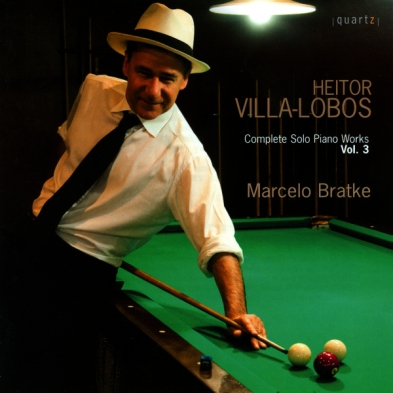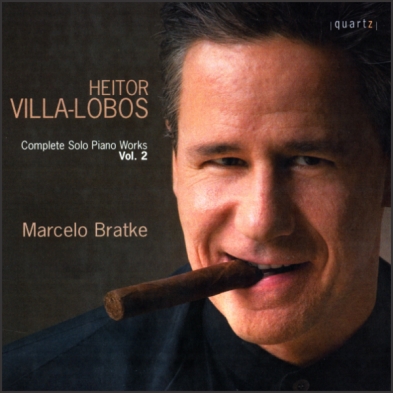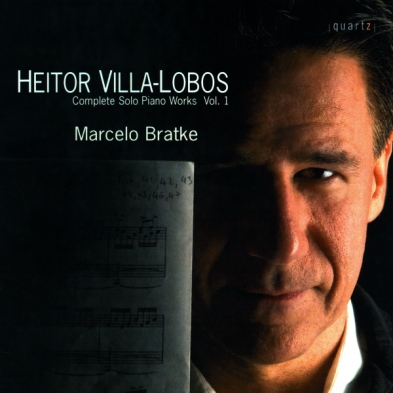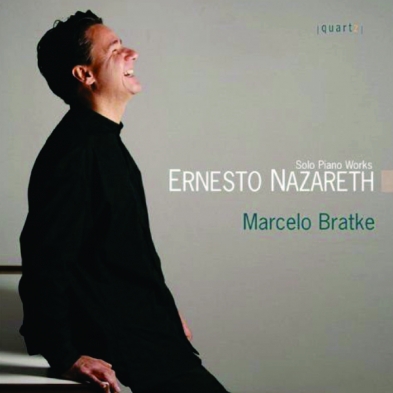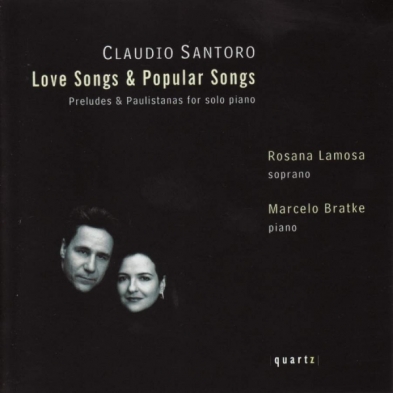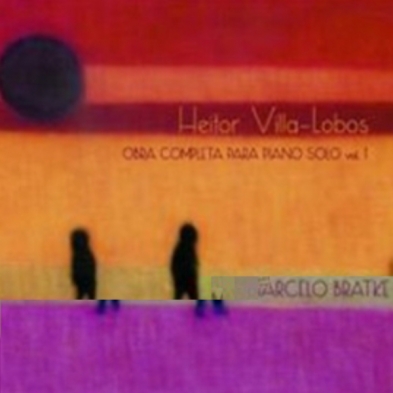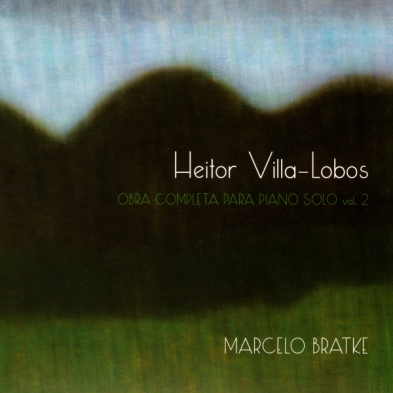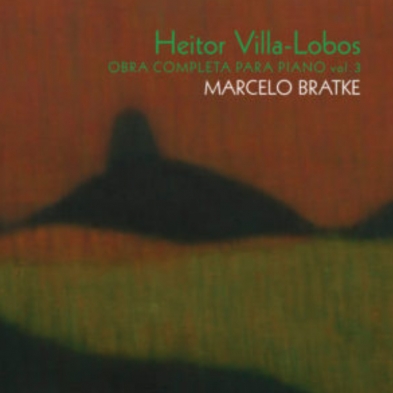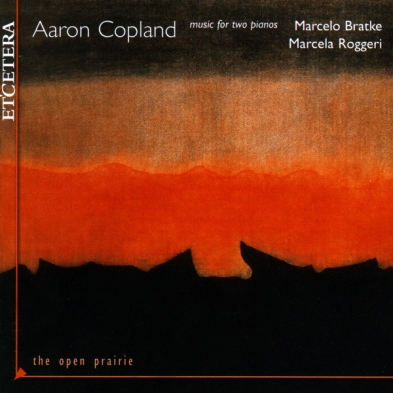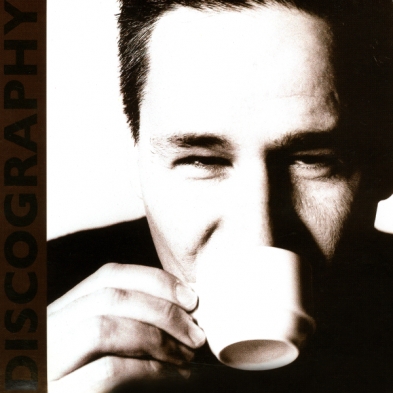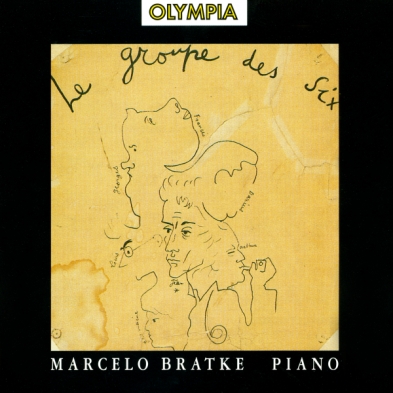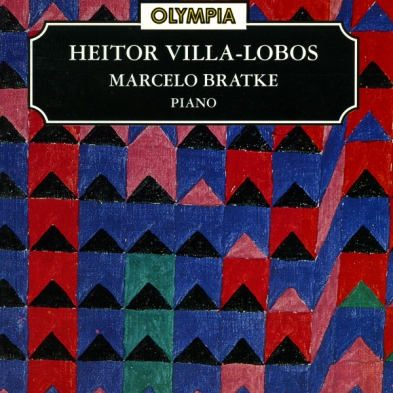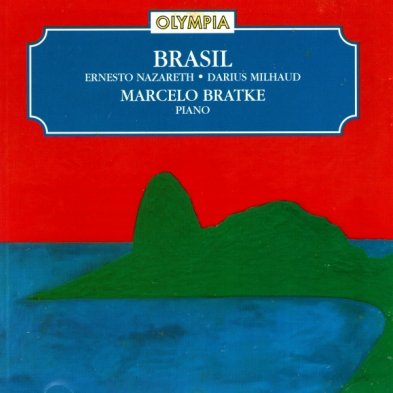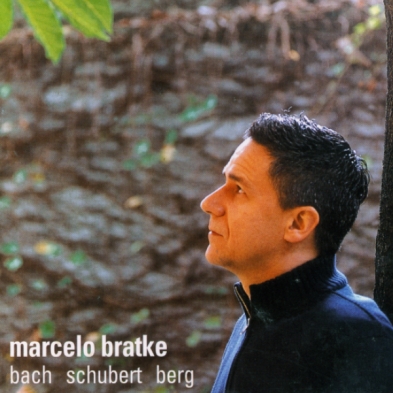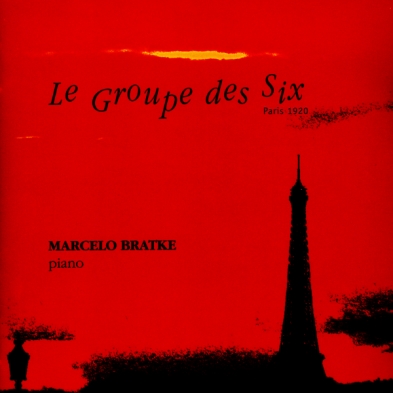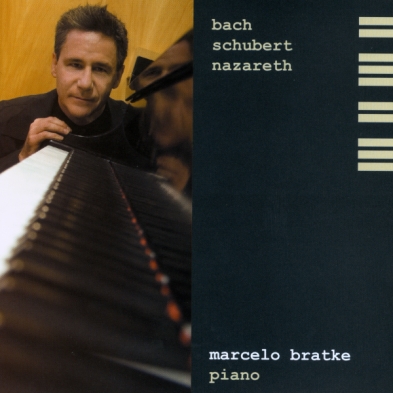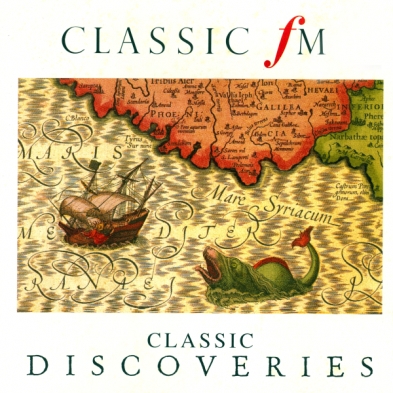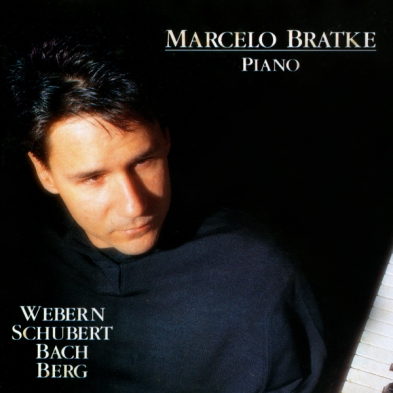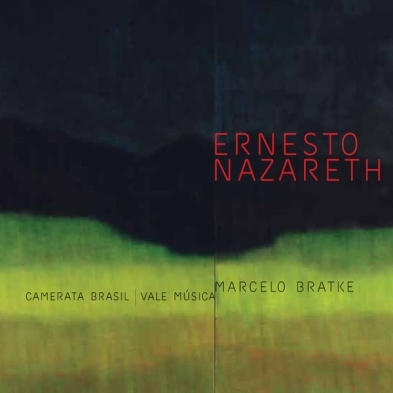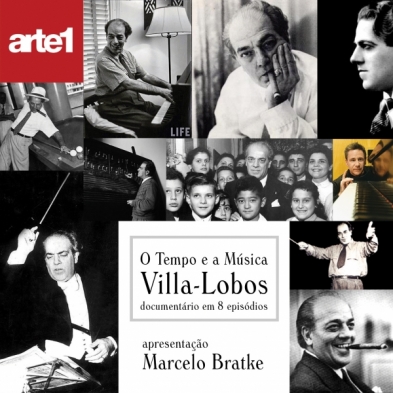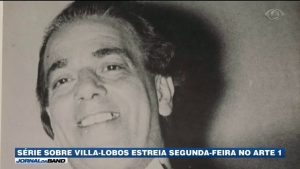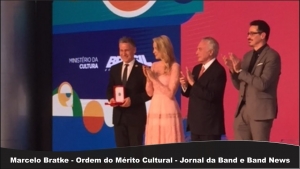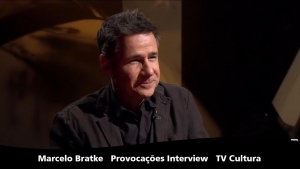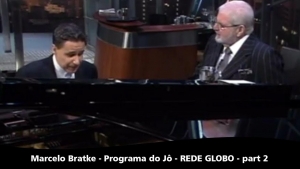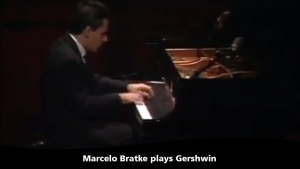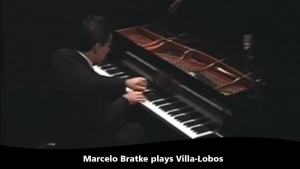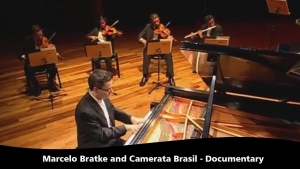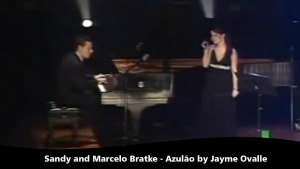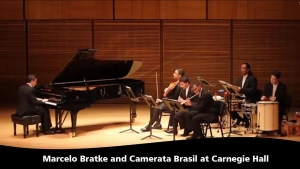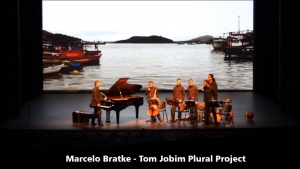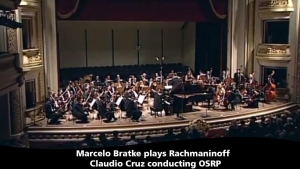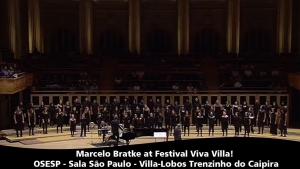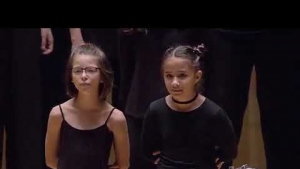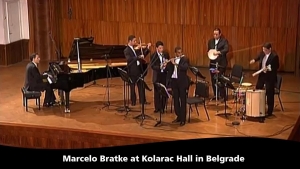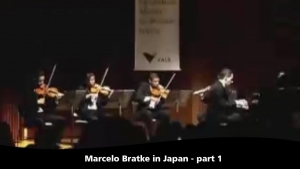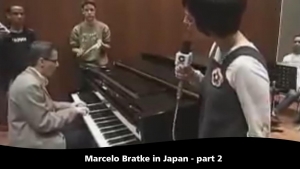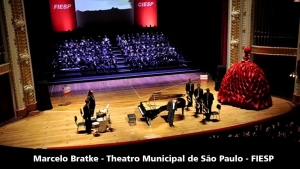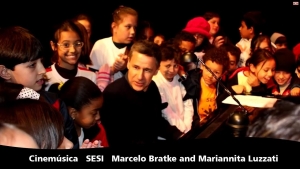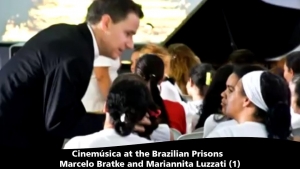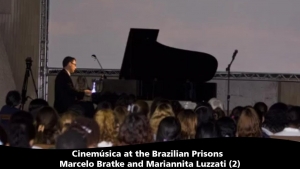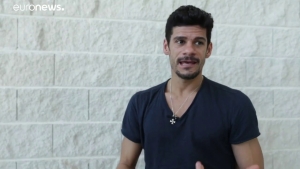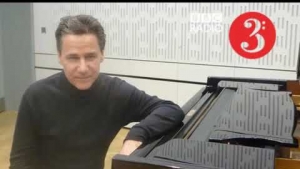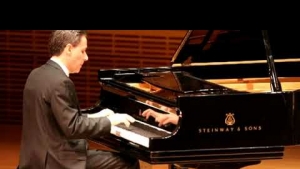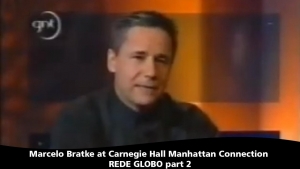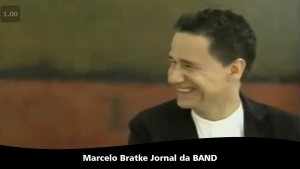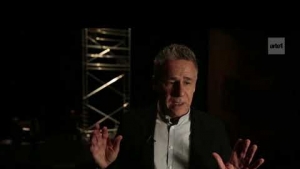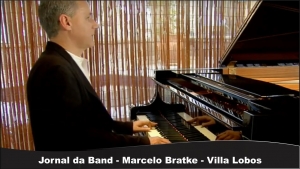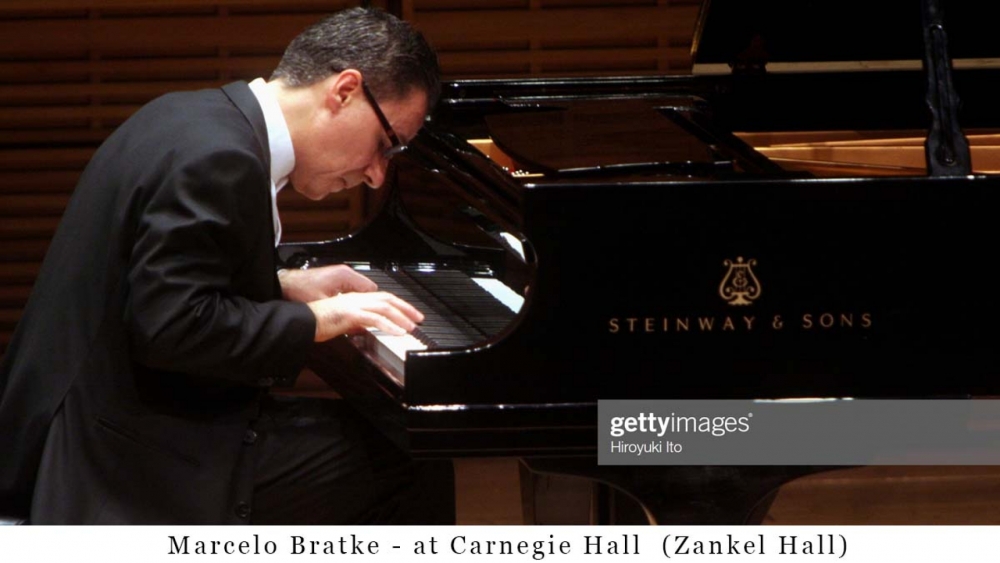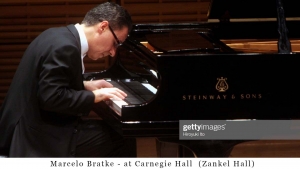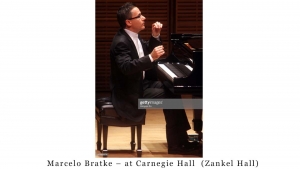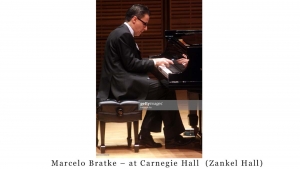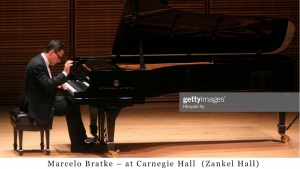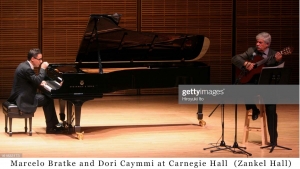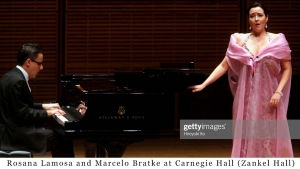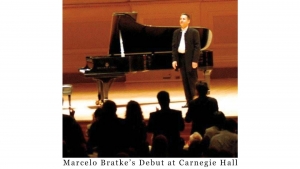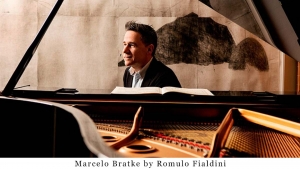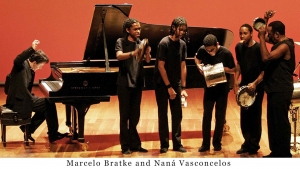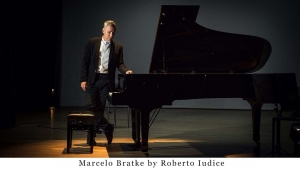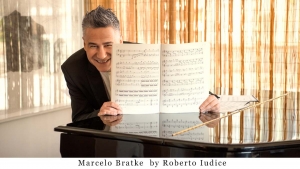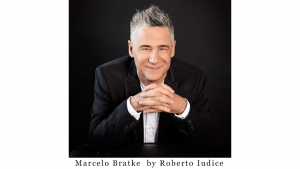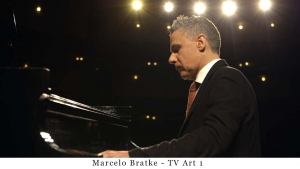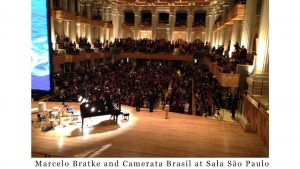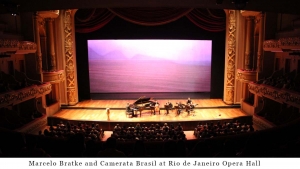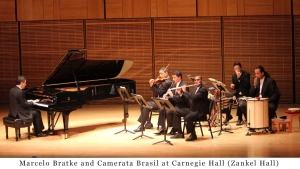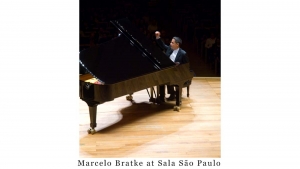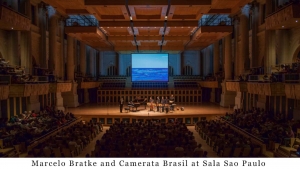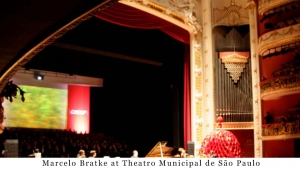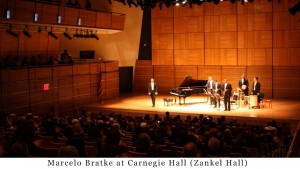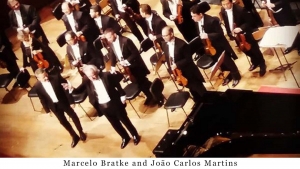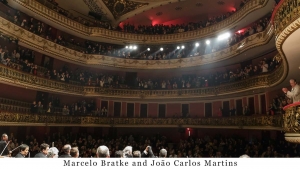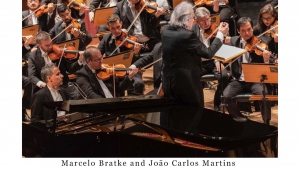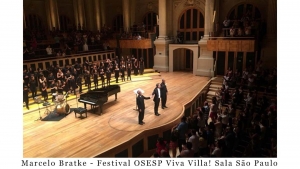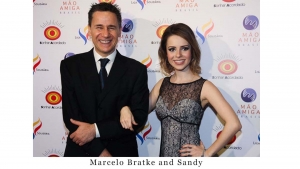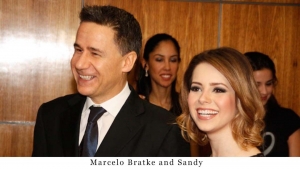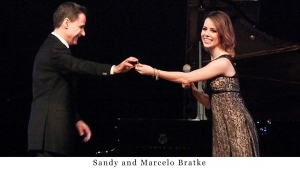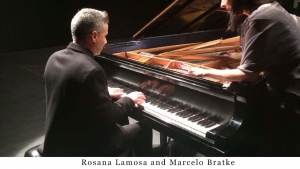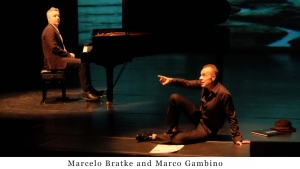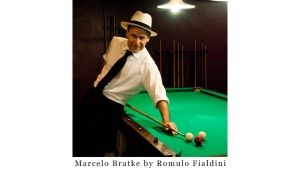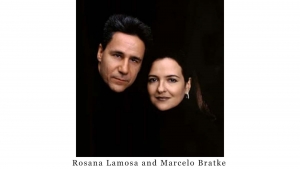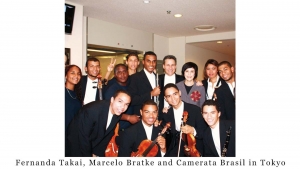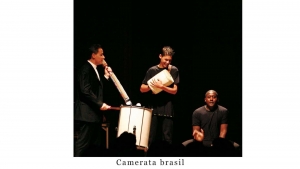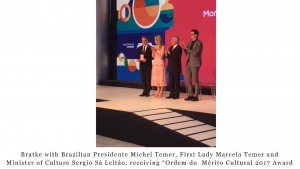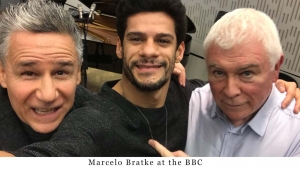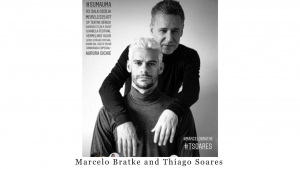BIO
Marcelo Bratke
“Hints of wildness, yet with elegant construction, subtle rhythmic dislocations and shining piano colors”
The New York Times
During this last decade of extraordinary achievements and performances Marcelo Bratke, one of Brazil’s pre-eminent pianists, has performed at some of the world’s most renowned venues such as Carnegie Hall, the Salzburg Festival, Queen Elizabeth Hall, the Konzerthaus in Berlin and Suntory Hall in Tokyo, amongst others.
He started his piano studies at the age of fourteen with Zélia Deri and due to a severe visual impairment he was unable to read scores developing his own method of learning music based at his auditive memory capacity. After ten months of his firs piano lesson he made his debut with the São Paulo Symphony Orchestra and was awarded with the ‘Revelation Prize” by the São Paulo Critics’ Association.
Bratke believes music is an important contribution to society and in 2008 he founded Camerata Brasil, an orchestra formed by young musicians from impoverished areas of Brazilian society, performing with them more than 300 concerts in Brazil, Argentina, Japan, United Kingdom, Serbia, South Korea, Netherlands and in the US where their concert at Carnegie Hall was highly acclaimed by both the public and the critics of The New York Times, New York Post and Concert Net USA.
He stretches the boundaries of the traditional classical music career and had developed special projects in collaboration with the jazz pianist Julian Joseph, the first dancer of the Royal Ballet Thiago Soares, the actor Marco Gambino, the legendary percussionist Naná Vasconcelos and the pop singers Sandy, Fernanda Takai, Dori Caymmi and Milton Nascimento, as well as performances with great conductors such as Alexander Lazarev, Eleazar de Carvalho, João Carlos Martins, Roberto Minczuk; John Neschling and Alvaro Cassuto. His multimedia project with visual artist Mariannita Luzzati entitled Cinemúsica has been performed from Brazilian prisons to major concert halls around the world. Bratke started his Villa-Lobos Project in 2004, which includes the recording of the composer’s complete solo piano works, concerts at the American Continent, Europe and Asia, a weekly radio program presented by him and broadcasted by Rádio Cultura FM and eight documentaries about Villa-Lobos for TV (Arte 1)
In 2017 Marcelo Bratke received Brazil’s highest cultural honour given by the Brazilian Presidente Michel Temer, the Order of Cultural Merit.
He studied at the Julliard School of Music in New York and finished his music studies with Hans Joachim Koellreutter in São Paulo. Featured among his many awards are: First Prize at Tradate International Music Competition in Italy, Carlos Gomes Award, Classical Discoveries
Award, Brazil in Germany 2006 Award, 14th Brazilian International Press Award 2011 and Sarajevo Winter Festival Award 2013. His CD Le Groupe des Six was voted by Gramophone Magazine as one of the greatest classical recordings of all time.
In 2004, after a successful surgery, Marcelo Bratke recovered the vision on his left eye.
Marcelo Bratke
“Momentos de uma beleza selvagem, ao mesmo tempo construída com elegância, com sutileza nos deslocamentos rítmicos e um colorido pianístico brilhante ”
The New York Times
Durante esta última década de extraordinárias conquistas e performances, Marcelo Bratke tem se apresentado nas mais prestigiadas salas de concerto do mundo como o Carnegie Hall, o Festival de Salzburg, o Queen Elizabeth Hall, o Konzerthaus de Berlim e o Suntory Hall em Tóquio, entre outras.
Nascido em São Paulo em 1960, Bratke iniciou seus estudos de piano aos quatorze anos com Zelia Deri e por consequência de uma grave deficiência visual (7% de visão no olho esquerdo e 2% no olho direito) ele não era capaz de ler partituras, desenvolvendo um método próprio para aprender as obras musicais baseado na sua memória auditiva. Um ano mais tarde estreiou ao lado da Orquestra Sinfônica do Estado de São Paulo (OSESP) sob a regência do maestro Eleazar de Carvalho, tornando-se foco de interesse da imprensa e recebendo por esta sua primeira performance pública o Prêmio Revelação da Associação Paulista de Críticos de Arte. Ele foi o único aluno do célebre pianista português Sergio Varella-Cid e passou um ano na Juilliard School of Music de Nova York antes de concluir seus estudos com o compositor e maestro alemão Hans-Joachim Koellreutter em São Paulo.
Marcelo Bratke realizou seu debut na Europa em 1988 no Festival de Salzburg e se transferiu para Londres onde, em 1991, estreou no Wigmore Hall. Ele também se apresentou em ocasiões especiais para o Presidente do Brasil, Fernando Henrique Cardoso e para a Rainha Silvia da Suécia.
Bratke é conhecido por seus programas educacionais dedicados a jovens vindos de áreas desprivilegiadas da sociedade brasileira. Em 2004 fundou o programa educacional profissionalizante Camerata Brasil, uma orquestra formada por jovens que não haviam tido a oportunidade de estudar academicamente e com eles realizou aproximadamente 300 concertos no Brasil, Argentina, Japão, Reino Unido, Sérvia, Coréia do Sul, Holanda e Estados Unidos. Suas colaborações incluem projetos em dueto com o pianista britânico de jazz Julian Joseph; com o primeiro bailarino do Royal Ballet de Londres Thiago Soares; o ator italiano Marco Gambino; o percussionista brasileiro Naná Vasconcelos e com os cantores Sandy, Fernanda Takai e Dori Caymmi, bem como performances com maestros como Alexander Lazarev; Eleazar de Carvalho; João Carlos Martins; Roberto Minczuk; John Neschling e Alvaro Cassuto; entre outros. Seu projeto multimídia com a artista visual Mariannita Luzzati, intitulado Cinemúsica, vem sendo apresentado desde em penitenciárias brasileiras até em salas de concerto internacionais. Bratke criou o seu Projeto Villa-Lobos em 2004, uma plataforma desenhada para promover a música do maior compositor brasileiro que inclui a gravação de sua obra integral para piano, concertos internacionais, concertos para crianças, um programa de rádio idealizado e apresentado por Marcelo Bratke e transmitido semanalmente pela Cultura FM de São Paulo e criação de uma série de 8 documentários sobre Villa-Lobos para TV (Arte 1).
Dentre os prémios que acumulou em sua carreira figuram o Primeiro Prêmio do Concorso Internazionale di Musica Tradate, na Itália, Prêmio Carlos Gomes, Classical Discoveries Award, 14th Brazilian International Press Award 2011, Sarajevo Winter Festival Award 2013, a Ordem do Mérito Cultural 2017 e Prêmio Cidadão São Paulo 2019. Seu CD dedicado ao Le Groupe des Six foi eleito pela revista britânica Gramophone como uma das melhores gravações de música erudita de todos os tempos.
Em 2004, após realizar uma cirurgia de sucesso, Marcelo Bratke teve a visão normalizada em seu olho esquerdo.

